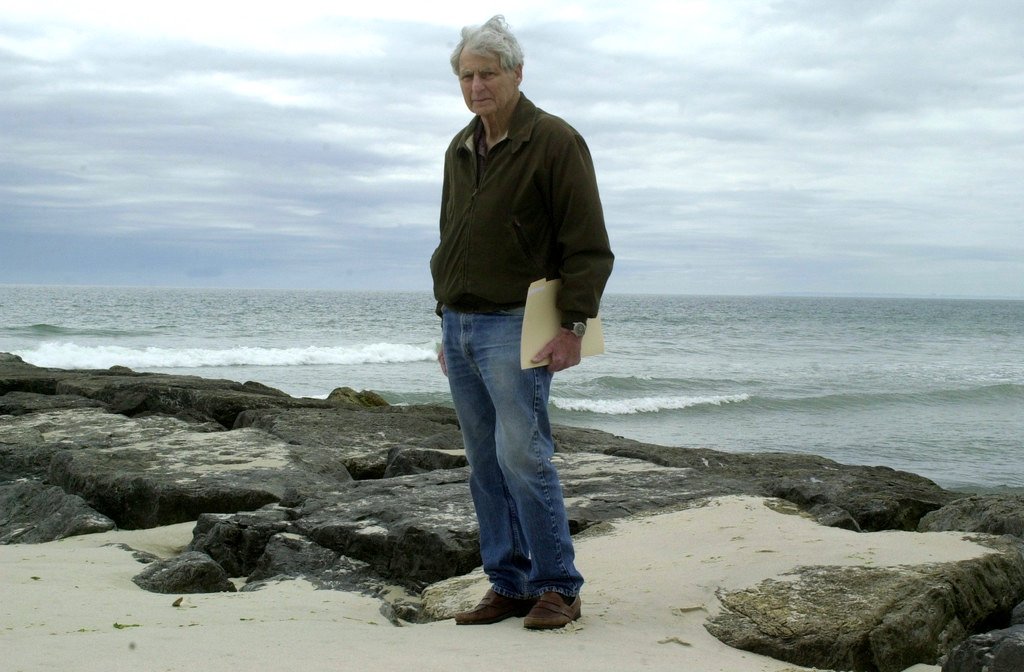Morris Kramer: Friend of the environment
Fighting to preserve the Long Beach barrier island
Second of two parts.
From the early 1970s to the 1990s, civic and environmental activist Morris Kramer scoured the sands of Atlantic Beach and Long Beach in search of hypodermic needles and balls of sewage sludge that had congealed on disposable pens and bottle caps.
Kramer had little trouble finding them. New York City and eight neighboring municipalities, including Nassau County, were dumping sewage and garbage in the Atlantic Ocean, in violation of the Marine Protection Research and Sanctuaries Act, which Congress passed in 1972.
Kramer, who is now 77 and lives in the Village of Atlantic Beach, grew up in the Bronx and spent his childhood summers on the Long Beach barrier island, where he moved after graduating from Syracuse University. He thought of the beaches as his own, he said, and he determined that he would stop the dumping –– or die trying.
“Every year, floatable waste was coming,” Kramer said.
Therein began Kramer’s nearly 20-year personal campaign to save the barrier island’s beaches, which led to a longer effort to preserve the Western Bays north of the Long Beach barrier island. Ocean dumping ended in 1992. The battle for the Western Bays continues to this day.
Fighting for the beaches
Kramer burst onto the national scene in 1969 when he won a historic U.S. Supreme Court case that helped establish a citizen’s right to vote (see “Voice of the people,” April 19-25). With that victory, Kramer said he realized the power of the individual to effect change for the better, and he turned his attention to preserving the environment.
Kramer, a retired New York City schoolteacher, said he learned about the importance of giving back from his mother and father, Norma and Raymond, who owned a pharmacy in the Bronx during the Great Depression. Kramer remembers his father forgiving the debts of indigent patients, and even many doctors, and his mother collecting clothes from friends and distributing them among the poor through Hadassah, the Jewish women’s service organization.

 54.0°,
Fair
54.0°,
Fair 




